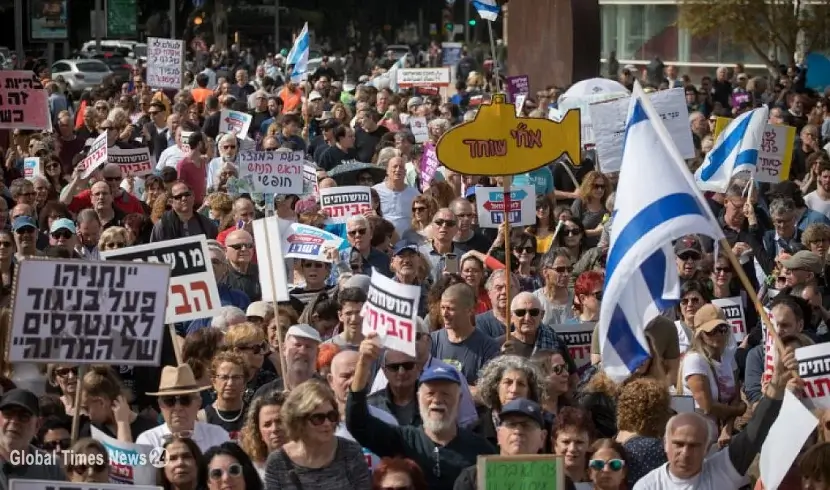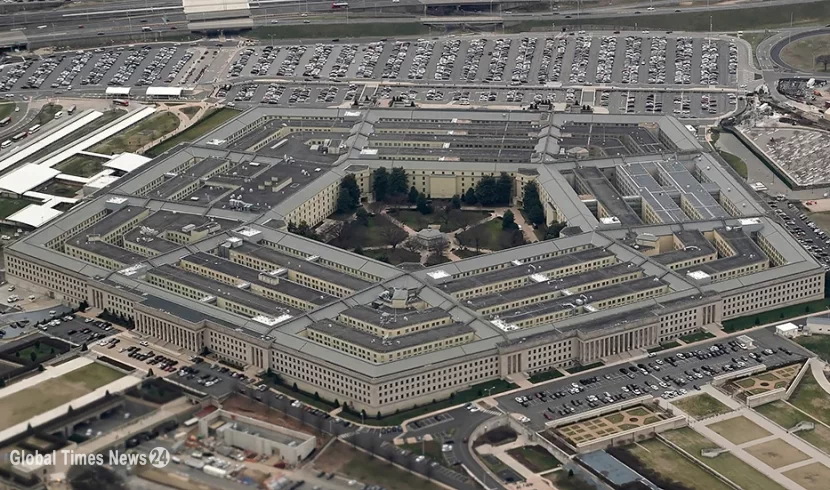Israeli Government Allocates $843 Million for East Jerusalem Development Plan Over Five Years
East Jerusalem Development: Israel Unveils $843 Million Budget Plan for Next Five Years
East Jerusalem Development: Israel Unveils $843 Million Budget Plan for Next Five Years
 World Bank Reports Over Half of Gaza's Population Teetering on the Brink of Famine
Human Rights / Breaking News
World Bank Reports Over Half of Gaza's Population Teetering on the Brink of Famine
Human Rights / Breaking News
 Number of journalists killed in 2022 jumps by 45% to 119, says press group
Human Rights / Breaking News
Number of journalists killed in 2022 jumps by 45% to 119, says press group
Human Rights / Breaking News
 Internally displaced worldwide reached record 59.1M in 2021: Monitor
Human Rights
Internally displaced worldwide reached record 59.1M in 2021: Monitor
Human Rights
 Libyan protesters stormed parliament headquarters demanding elections
Breaking News / Human Rights
Libyan protesters stormed parliament headquarters demanding elections
Breaking News / Human Rights
 Floods in Nigeria put lives of more than 1.5M children at risk
Human Rights / Breaking News
Floods in Nigeria put lives of more than 1.5M children at risk
Human Rights / Breaking News
 Major sports events of 2022
Sport / Breaking News
Major sports events of 2022
Sport / Breaking News
 Nakba 75: Palestinian citizens of Israel are exiles in their own land
World / Opinion
Nakba 75: Palestinian citizens of Israel are exiles in their own land
World / Opinion
 Unraveling the Origins of Saudi Arabia and UAE's Differences
World / Opinion / Breaking News
Unraveling the Origins of Saudi Arabia and UAE's Differences
World / Opinion / Breaking News
 Intensifying ethnic polarity in Israel reaches deadline of election campaign
World / Opinion
Intensifying ethnic polarity in Israel reaches deadline of election campaign
World / Opinion
 Biden requests $813B for national defense
Bussiness
Biden requests $813B for national defense
Bussiness